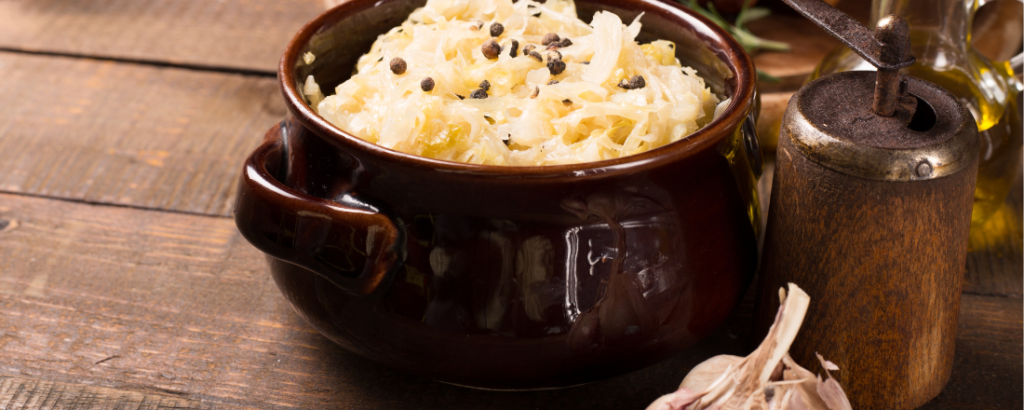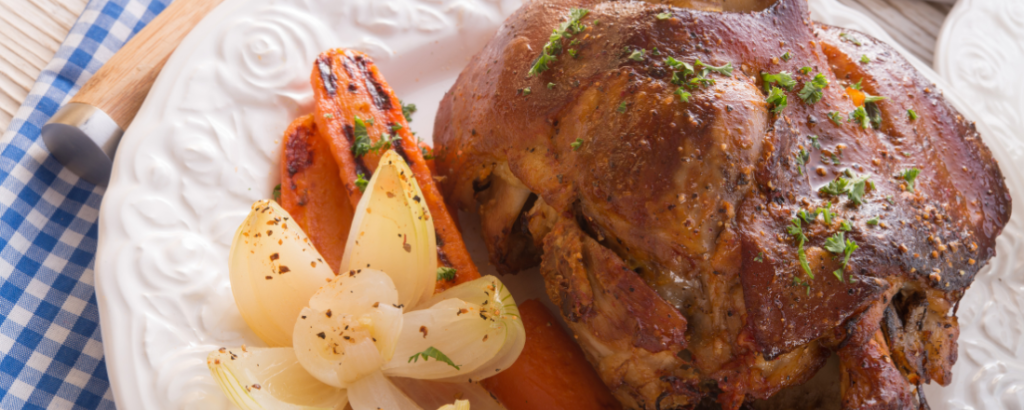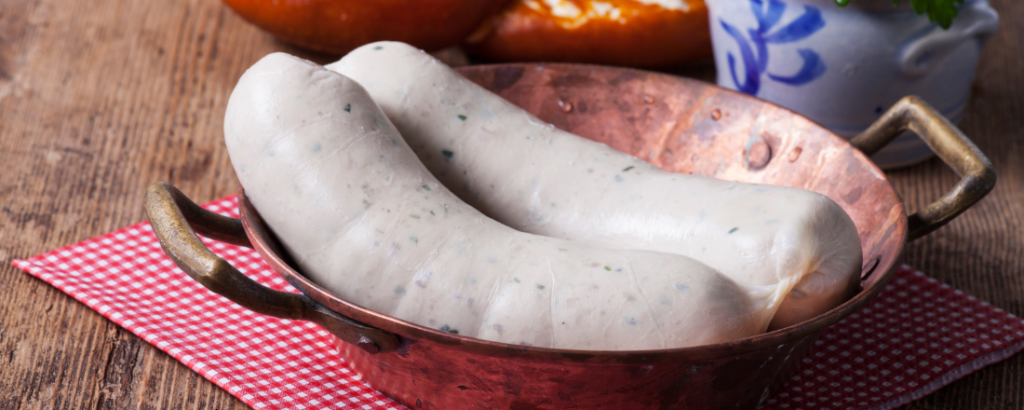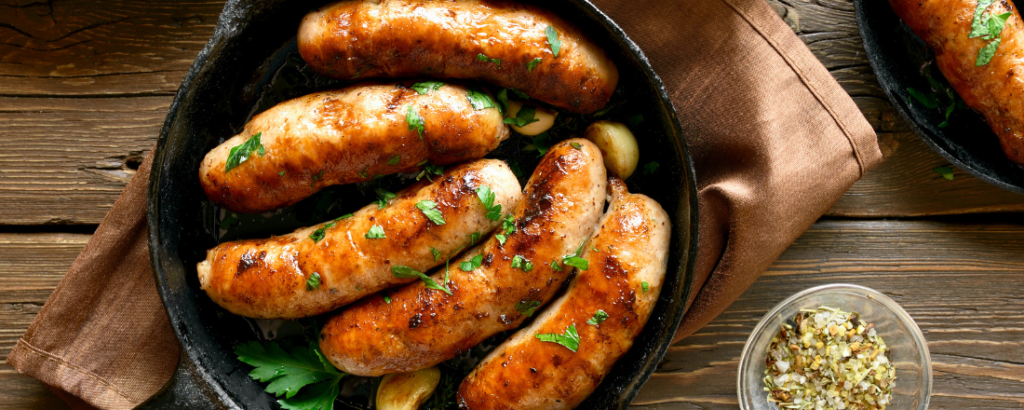How to Celebrate a Gluten-Free Oktoberfest
The German beer celebration, Oktoberfest, takes place each fall, originating in Munich in the Bavarian region of Germany. Even if you are not heading to Germany to enjoy the festivities, most Oktoberfest celebrations in other parts of the world feature foods – and drinks – that contain gluten.
If you’re planning to be at an Oktoberfest event, what do you need to avoid and what can you safely indulge in? We looked at traditional Oktoberfest and drinks for their gluten content and found some gluten-free alternatives.
Remember: Before you eat or drink anything prepared by others, you should always ask about the ingredients, how things are made, and any other question that can help you assess the risk of cross-contact with gluten.
What to Drink at a Beer Festival
German beer contains gluten unless you happen upon one that is specifically made from gluten-free ingredients. Even “gluten-removed” beer may contain trace amounts of gluten. If you are looking for an adult beverage at Oktoberfest, most events should have wine and spirits available, both of which are typically gluten-free. Some events may even offer hard cider or mead, both of which should be gluten-free but are not traditional drinks served at Oktoberfest.

Should Be Safe (But Always Ask)
Hendl or Roast Chicken. While you might think German sausages are the cornerstone of Oktoberfest celebrations, spit-roasted or grilled chicken seasoned with spices is a featured food.
Sauerkraut. The German version of this fermented cabbage dish typically consists of cabbage, vinegar, salt, and caraway seeds. Bavarian sauerkraut is sweeter and may contain white or brown sugar.
Schweinebraten (roast pork). While anything with gravy could contain wheat flour, a plain roasted piece of pork should be gluten-free. This dish is typically seasoned with paprika, caraway seeds, and mustard and might be cooked with carrots, celery and onion, all of which are gluten-free.

Double-Check These
Fischbrötchen (fish sandwich). If you can get this dish without the sandwich bun, this could be okay to eat. The fish mixture inside usually consists of fish bits such as herring or cod with onion, pickle, mayonnaise, herbs, and sometimes with horseradish, cocktail sauce, or sauerkraut. Watch out for recipes that include breadcrumbs.
Knödel or Kartoffelklöße (potato-based). Some recipes for these traditional German dumplings are made simply with potatoes, potato starch, eggs, and spices. Other recipes call for wheat flour. If you can ask about ingredients and feel confident about the answer, this might be safe to eat. When in doubt, avoid.
Reiberdatschi (potato pancakes). Made with potatoes, onions, egg, and salt, then deep fried into a crispy-on-the-outside, tender-on-the-inside dish. The risk of cross-contact could come from frying this gluten-free food in the same oil used to fry wheat-flour battered foods.
Schweinshaxe (roasted ham hock). While plain roasted pork should be safely gluten-free, this dish may use a gravy made from the pork drippings plus German gluten-containing beer.
Steckerlfisch. Grilled fish on a stick should be gluten-free, if it is not battered. However, if you don’t know what else is being cooked on the grill, there could be a risk of cross-contact with gluten.
Weisswurst (white sausage). Pork and veal sausage is typically seasoned with parsley, lemon, onion, cardamom, ginger, and other spices then boiled and eaten without the skin. It is not usually made with flour as a binder, but always confirm the ingredients.
Würstl. May also be referred to as a Vienna sausage. Smoked, narrow parboiled sausages traditionally made with pork and beef in a casing of sheep’s intestine. Depending on how the sausages are made, they could contain barley or wheat as a thickener.

Avoid These
Brezen (pretzels). This crisp German baked bread shaped in a knot and sprinkled with salt is clearly not gluten-free. Can you get gluten-free Brezen at Oktoberfest? Anything is possible but probably unlikely.
Knödel or Semmelknödel (bread-based). A different version of this popular Bavarian dumpling. This one is made using semmeln, a type of German bread roll, soaked in milk and seasoned with onion, parsley, and a pinch of nutmeg.
Obatzda. German beer cheese spread or dip. Made with aged soft cheese and butter, but if the recipe includes traditional German beer, which it typically does, it is not a gluten-free condiment.
Spätzle (noodles) and Käsespätzle (cheese noodles). A German noodle made with eggs, wheat flour, and milk or water.
Even if you are carefully choosing foods that appear to be gluten-free at an Oktoberfest event, keep in mind that at any festival or fair, there is always the possibility of cross-contact with gluten. Sticking to plain grilled meats, plain vegetables, and fresh fruit may be your safest choices, however, always keep a close eye on how everything is prepared and served.

The information on this website is for educational purposes only. Consult your healthcare team when considering this information.
© 2022 Gluten Intolerance Group. All Rights Reserved
